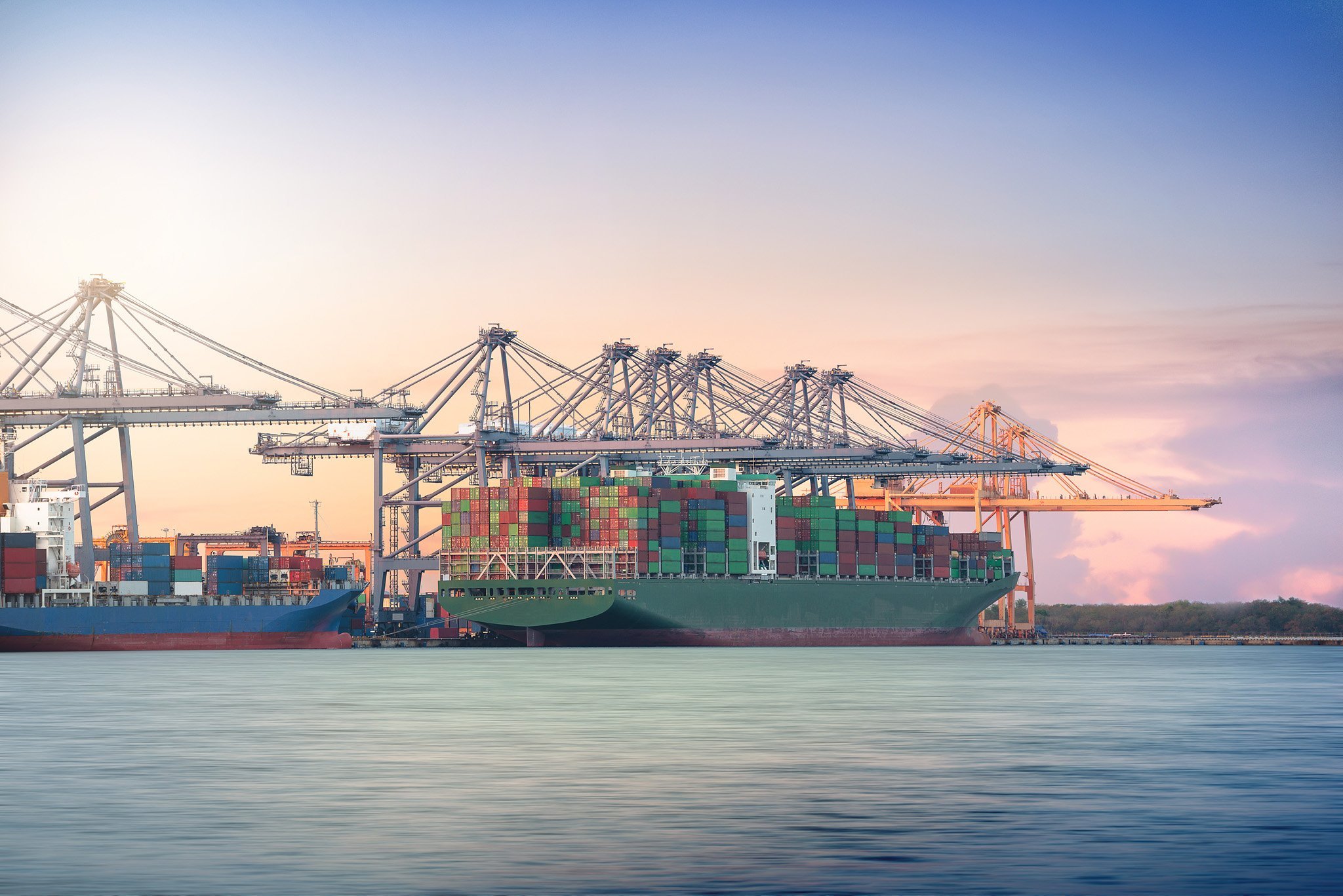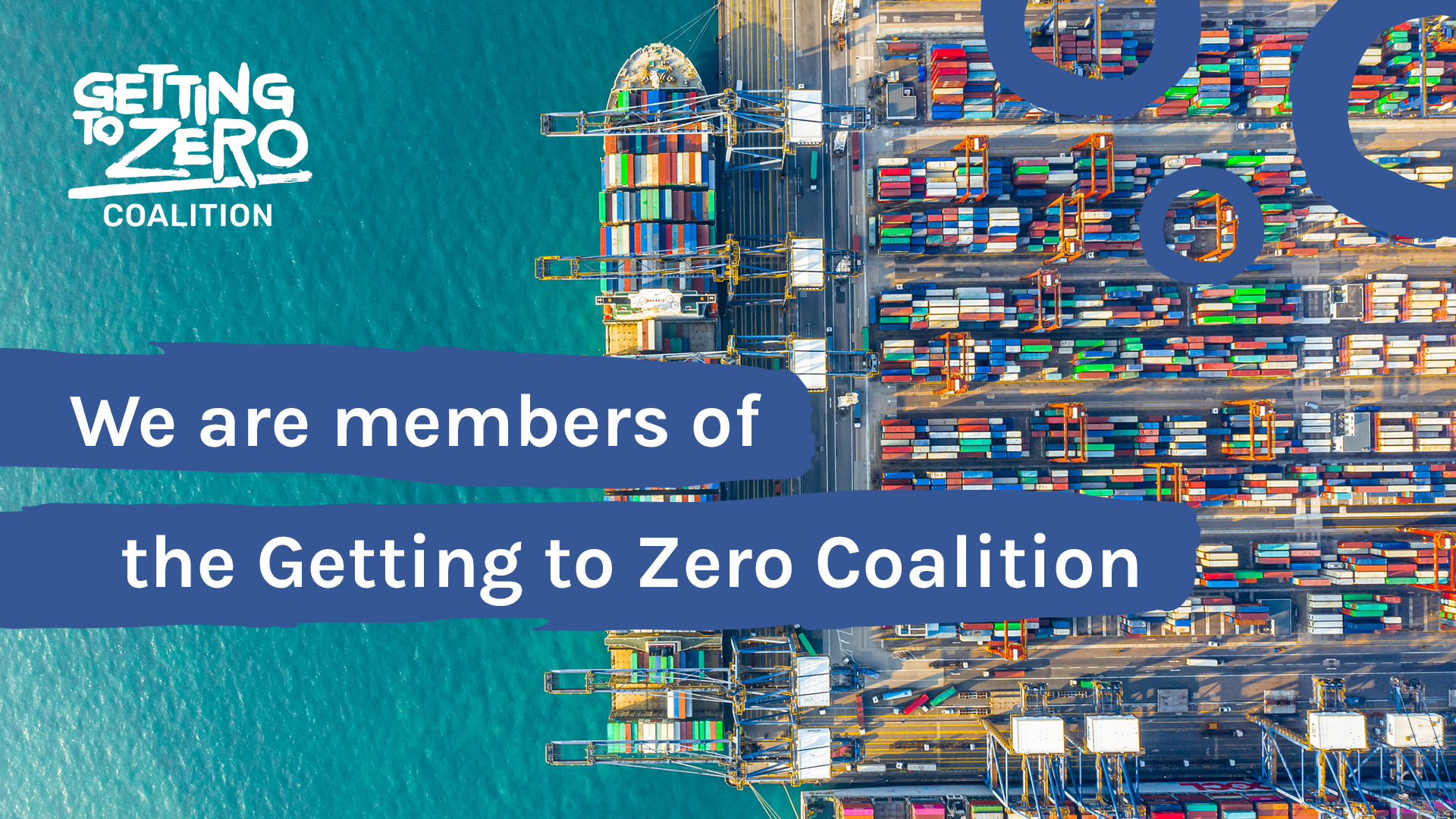Shipping

The Role of eFuels in Green Shipping
While coastal shipping can be electrified using battery power, the bulk of global shipping — with its long transport distances — requires liquid fuel.
Phasing out fossil fuels and replacing them with carbon-neutral fuels is a critical pathway to help the maritime industry achieve a key piece of the puzzle in reaching a fossil-independent maritime vehicle fleet in 2050.
eFuels like eMethanol can be used with existing infrastructure and be harnessed with minimal CAPEX and engine modification compared to ammonia and hydrogen, thereby providing an immediate method to transition to green fuel.
In contrast to biofuels, which are constrained by the limited availability of raw materials needed in their production processes, eFuels have the capacity to achieve the scalability needed to power global shipping.
Several shipping companies have successfully proven that methanol is a viable fuel and eMethanol is increasingly viewed as an accessible solution to enable emission reductions and meet sustainability targets.
Reaching a Negative GHG Footprint with Liquid Wind
There are several alternative green fuels available — however non have the same decarbonising impact as eFuels.
When measured on a Well-to-Wake basis, eFuels like eMethanol are attaining a Greenhouse Gas (GHG) negative footprint (specifically -68.5 to -67.9-gCO₂eq/MJ) at the delivery point. Once combusted, this GHG footprint sits at near carbon neutrality (specifically 2gCO₂eq/MJ).
How? By capturing fully renewable energy from onshore wind and recycling biogenic CO₂. Meaning they meet the environmental standards from the start.
Insights
Advantages of eMethanol as a Marine Fuel
Reduced Emissions
When measured on a Well-to-Wake basis, eFuel produced in a Liquid Wind facility achieves an eMethanol GHG footprint of approximately -68.5 to -67.9 gCO₂eq/MJ at the delivery point, which makes it carbon negative before combustion. This is accomplished by fully utilising renewable energy from onshore wind and recycling biogenic CO₂, meeting environmental standards from the outset as a result.
eFuel from facilities developped by Liquid Wind comply with the EU Maritime Fit for 55 EU legislation. This ensures that the fuel aligns with stringent regulatory requirements aimed at reducing GHG emissions and promotion the use of sustainable energy within the maritime industry and beyond.
Easy to store, transport and distribute
Infrastructure compatibility
Easy to blend
Energy density
Safety and stability
Long storage
Excellent hydrogen carrier
Versatility
Secure Your eMethanol Supply
With a strong pipeline of eFuel projects under development in the Nordics, each with a planned production capacity of 100 ktpa, we provide a reliable path to large-scale supply.
Connect with us to explore long-term offtake opportunities.
Proud Members of the Getting to Zero Coalition
At Liquid Wind, we hold a deep belief in the power of collaboration to foster positive change. We highly value the contributions of various organisations, NGOs, and industry leaders working tirelessly towards a more sustainable future powered by fossil-free fuels. In line with our commitment to collaborative efforts, we are proud to be part of the Getting To Zero Coalition. This global initiative unites industry leaders, policymakers, and innovators, aiming to accelerate the transition of the maritime industry towards decarbonisation.

- Innovative solutions: By being part of the Getting to Zero Coalition, we gain access to a collaborative network of experts and cutting-edge solutions, which accelerates the development of sustainable marine fuels, bringing us closer to a future where our oceans are navigated with minimal environmental impact.
- Collective impact: Sustainability is a shared responsibility. Joining forces with the Getting to Zero Coalition demonstrates a commitment to a cleaner, greener maritime sector.
- Global leadership: The Getting to Zero Coalition operates on a global scale, amplifying Liquid Wind's influence in the international effort to reduce carbon emissions from maritime activities.





